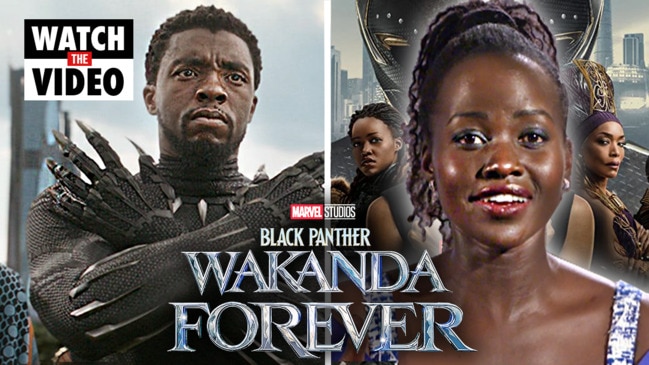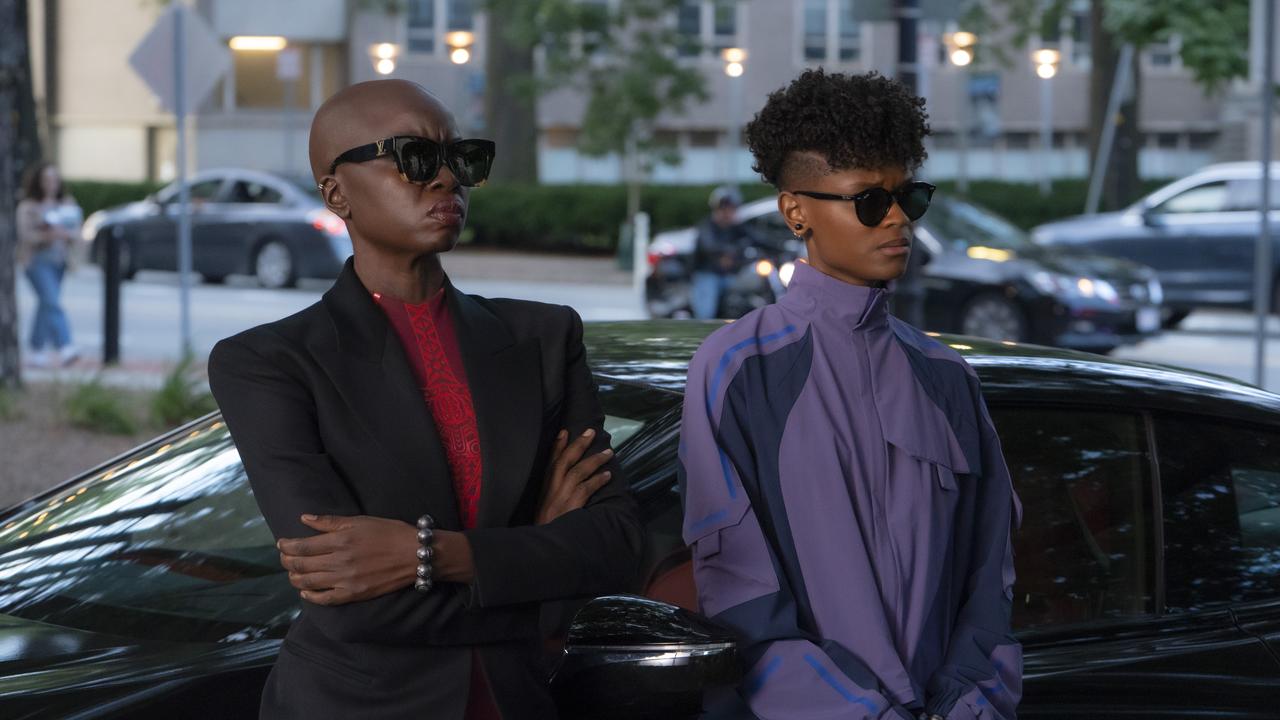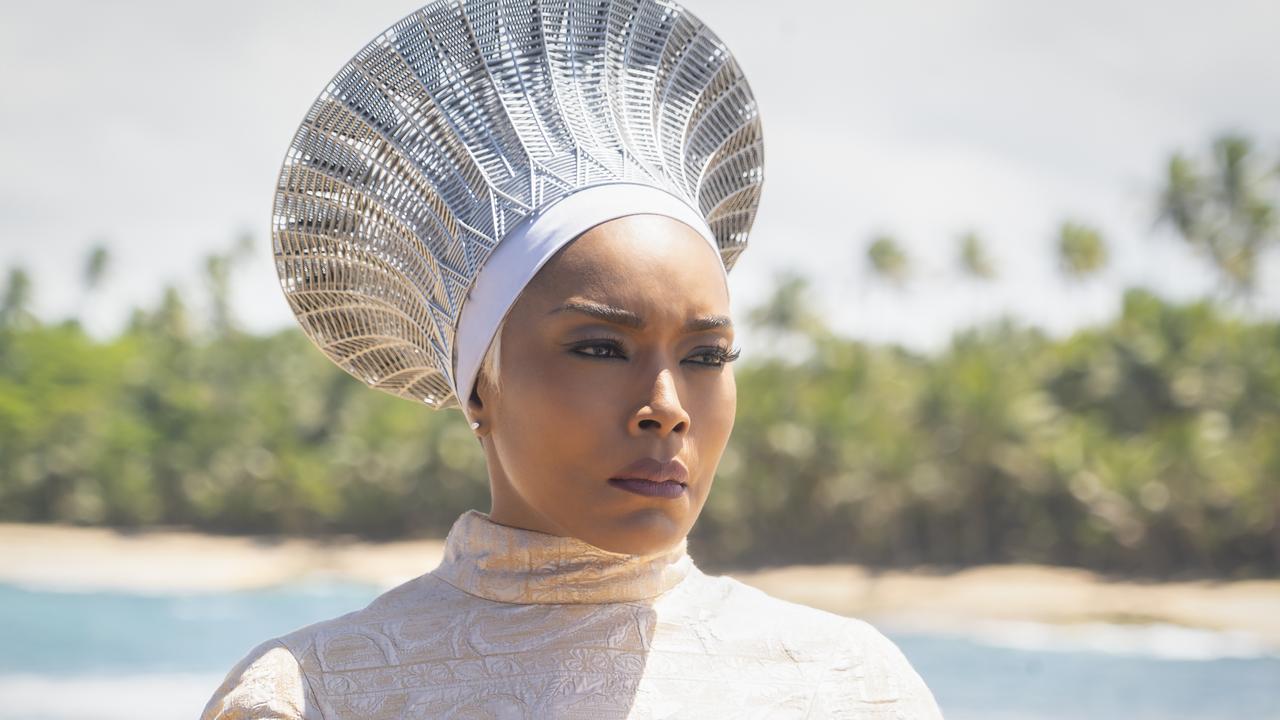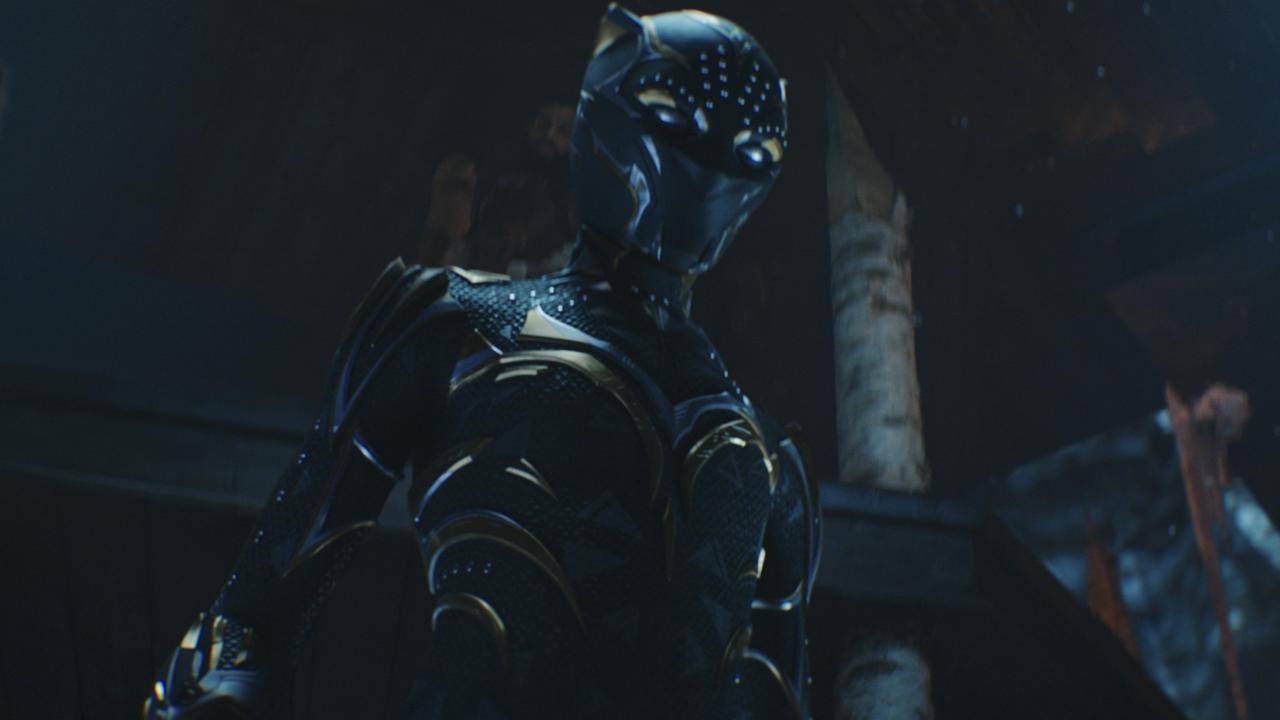Black Panther: Wakanda Forever courses with collective grief
How do you move on from a visceral loss and do it with feeling and nuance in an action blockbuster? It’s not easy.

There was an enormous risk in how Marvel would deal with Chadwick Boseman’s death.
Boseman’s death at age 43 left a gaping hole in the hearts of those who loved him, and also at the core of Marvel’s most culturally significant title, Black Panther.
The late actor’s grace, humanity and artistry were embodied within his onscreen avatar, T’Challa. Replacing him either directly or indirectly would be an enormous challenge.
The powers that be said the role would not be recast, but that still left the question of how the studio would deal with this real-life loss within the film. How do you pay tribute to Boseman without cheapening his death by cynically leveraging it for a movie?
You make Black Panther: Wakanda Forever about grief and loss.
Ryan Coogler’s Marvel epic is a thoughtful, emotional and weighty film, an open-hearted story that courses with collective pain.
Boseman’s death clearly hit his colleagues hard and they have made a film that deals with their loss, one which acknowledges the grief that spreads far beyond those who knew him personally.

Wakanda Forever is for every fan, for every kid who saw Boseman as a hero, and it’s also for everyone who has ever lost someone important to them and struggled to comprehend how the world keeps existing without them.
It’s an incredibly moving piece which taps into that visceral grief that overtakes your whole being. It earns its use of Boseman’s death. It doesn’t exploit it.
Like any great art, that which triggers can also be cathartic, and by the end of the film, the audience will have gone on a parallel journey with Shuri (Letitia Wright), Wakanda Forever’s focus.
The film opens on the fiercely intelligent Shuri at the moment of T’Challa’s off-camera death, impotent at being able to change the course of fate. His death hits Shuri hard and a year later, she still can’t – and won’t – process her grief.
Queen Ramonda (Angela Bassett) is trying to fend off international demands for Wakanda’s vibranium, a resource which other countries, especially states with colonialist tendencies, are now eyeing off with greedy, greedy eyes.
And just because Wakanda isn’t going to share a resource which it knows the others would abuse, it doesn’t mean the Americans, the French and likely more, aren’t going to just take it anyway. The cycle of history repeats, even in a Marvel movie.

The Americans’ attempt at finding other sources of vibranium leads to the Talokan, an underwater peoples who have kept their existence veiled.
The Talokan’s leader Namor (Tenoch Huerta) isn’t too happy with this encroachment and he blames the Wakandans for revealing the truth of their technologically advanced existence. Namor has a simple but unrealistic demand – the Wakandans either help him in waging war against the surface world or he’ll start with them.
While the action centrepiece is the conflict with Namor and the Talokan, the real driver of Wakanda Forever is Shuri’s emotional arc, her deeply felt struggle with acceptance, and it detours through anger and vengeance. Grief is a complex process.
That’s the beating heart of this film, and it wouldn’t have worked without it. Because the rest of it varies in terms of whether it does or not.

Production designer Hannah Beachler and costume designer Ruth E. Carter, who both won Oscars for the first film, bring their immense talent to the sequel, expanding on the vivid world they previously created, adding new layers to evoke a place that feels more lived in.
Same for composer Ludwig Goransson’s intuitive score, which swings from concussive beats in the action sequences to sweeping, emotional melodies.
Wright steps up to the plate to carry the film with stunning supporting performances from Bassett, Lupita Nyong’o, Danai Gurira, Winston Duke and MCU newcomer Dominique Thorne as Riri Williams, a genius-level inventor who will soon appear in her own streaming series.
But the film does fall victim to that which has plagued so many Marvel entries – an over-reliance on CGI and weightless, stake-less fights where it often just looks like pixel characters being flung through the air as if gravity didn’t exist.
Still, that doesn’t take too much away from this grand story about the contours of grief and loss – a monument to Boseman’s legacy.
Rating: 3.5/5
Black Panther: Wakanda Forever is in cinemas now






